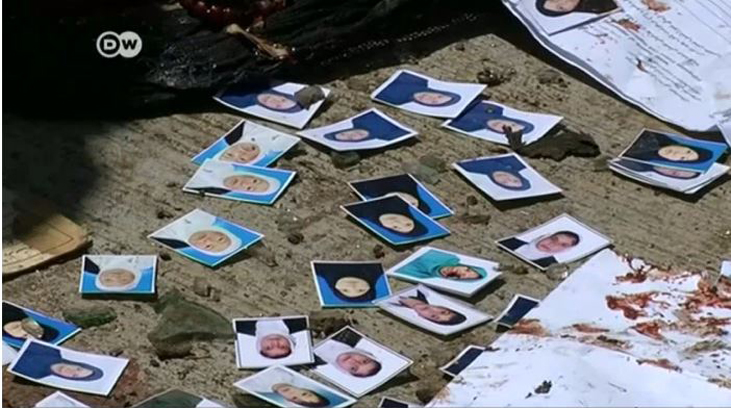
KABUL, Afghanistan (BP) — A suicide bomber who killed 57 Afghans and injured at least 100 more in Kabul April 22 was targeting Shiite “apostates,” the Islamic State said in claiming responsibility for the bombing via its Aamaq news agency.
While the attack occurred outside a voter registration center leading up to October parliamentary elections, according to World News, the Islamic State (also known as ISIS) has targeted Shiite shrines increasingly in an effort to divide the country along sectarian lines, according to news reports.
Targeting Shiites distinguishes ISIS from the Taliban and might gain ISIS support from local extremist Sunni groups, German broadcast news site Deutsche Welle (DW) reported after the most recent Shiite shrine attack March 21 in Kabul. In that attack, an ISIS bomber killed 31 and injured 65 others during Persian New Year celebrations, hoping to gain strength in Afghanistan after losing ground in Syria and Iraq in 2017, a Kabul security analyst told DW.
ISIS “is facing a huge challenge from the Taliban, who are a potent militant force” in Afghanistan, DW quoted Wahid Muzhdah in the March 21 report. “To establish itself in Afghanistan, [ISIS] needs support from local extremist Sunni groups.” ISIS killed hundreds in attacks on Shiite mosques and religious ceremonies in Kabul in August, September and October of 2017, DW reported.
ISIS had tried to establish a strict Muslim caliphate across the Middle East, but is now seeking a stronghold in Asia.
Religion is the major unifier in an Afghanistan that is 99 percent Muslim, according to the website Afghanistans.com, including Sunnis who comprise 84 percent, Shiites at 15 percent and a smattering of Hindus, Sikhs, Parsis and Jews.
Muzhdah was one of few security experts who judged ISIS’s efforts to divide Afghan Muslims as mostly ineffective in March, DW reported.
“After each [ISIS] attack on Afghan Shiites, religious leaders from all Islamic sects have come forward in support of the victims,” DW quoted Muzhdah. “But if the government doesn’t do anything to stop such attacks, the sectarian split could deepen.”
Casualties could grow in the April 22 attack where Afghans were registering for identification cards needed to vote in October. Those killed included 22 women and children, World News reported.
















